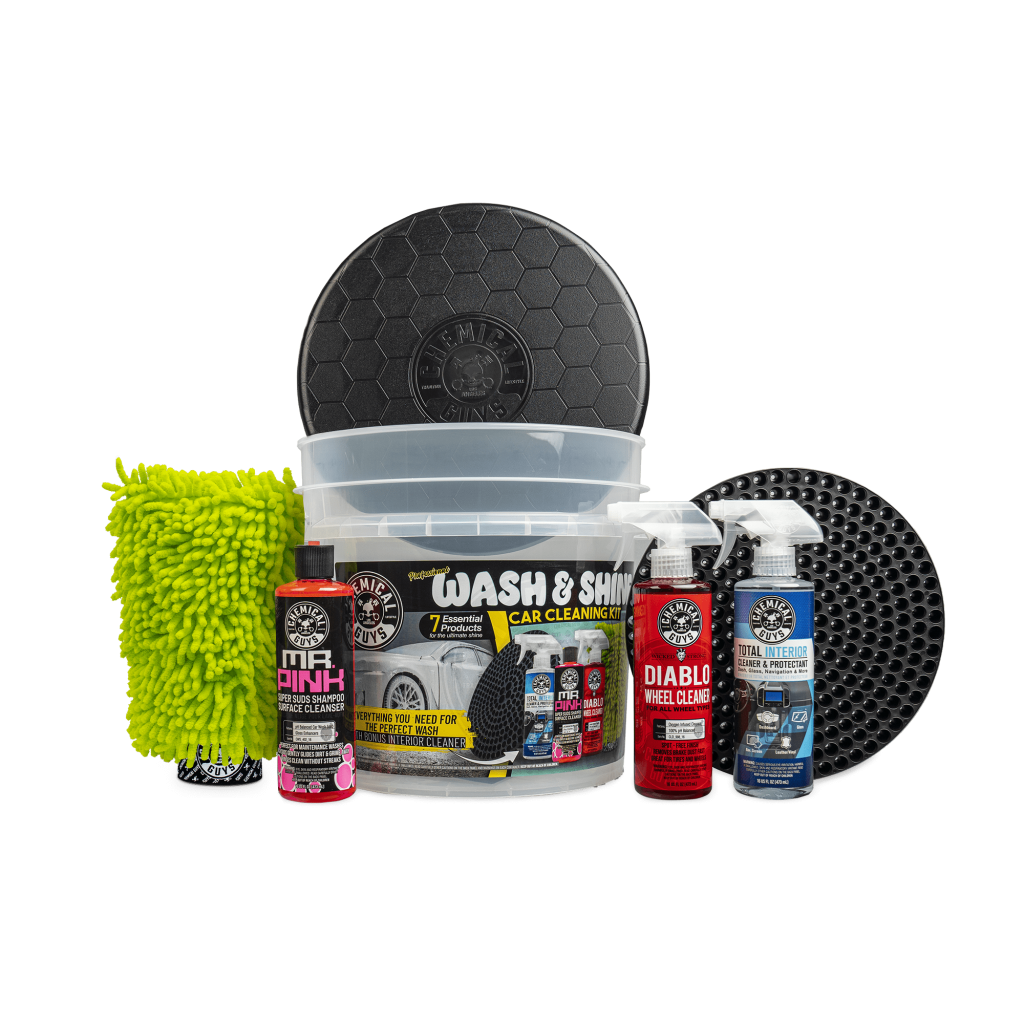Maintaining the pristine appearance of your car is a top priority for many car owners. However, with numerous cleaning products available on the market, it's essential to understand the potential effects they may have on your car's paintwork. In this blog post, we will delve into the question, "Is laundry detergent bad for car paint?" and provide you with a comprehensive analysis based on scientific evidence and expert opinions.
- Understanding the Composition of Laundry Detergent:
To assess the impact of laundry detergent on car paint, it's crucial to examine its composition. Laundry detergents typically contain surfactants, enzymes, builders, and various additives. While these ingredients are effective for removing stains from clothes, their interaction with car paint requires careful consideration. - Evaluating the Effects on Car Paint:
a. pH Levels: One of the primary concerns with using laundry detergent on car paint is its pH level. Most laundry detergents are alkaline, which can potentially damage the protective clear coat on the paint surface. The alkaline nature may lead to paint fading, discoloration, or even corrosion over time.
b. Abrasiveness: Some laundry detergents contain abrasive particles to aid in stain removal. These abrasives can cause micro-scratches on the car's paint, making it more susceptible to damage from UV rays, dirt, and other contaminants.
c. Residue Build-up: Laundry detergents may leave behind a residue on the car's surface, affecting its shine and making it prone to attracting dirt and grime. This residue can also interfere with the effectiveness of wax or sealants applied to protect the paint. - Expert Recommendations for Car Paint Care:
a. Use Automotive-Specific Products: To ensure the longevity of your car's paint, it is advisable to use cleaning products specifically formulated for automotive use. These products are designed to maintain the pH balance required for car paint and minimize any potential damage.
b. Gentle Washing Techniques: When cleaning your car, opt for gentle washing techniques such as using a microfiber cloth or sponge and a pH-neutral car shampoo. This helps to minimize the risk of scratching or damaging the paintwork.
c. Regular Maintenance: Regularly washing and waxing your car can help protect the paint from environmental factors and maintain its shine. Additionally, promptly removing bird droppings, tree sap, or other contaminants can prevent potential paint damage.
Conclusion:
While laundry detergent may be effective for cleaning clothes, it is not recommended for use on car paint due to its alkaline nature, potential abrasiveness, and residue build-up. To ensure the longevity and appearance of your car's paint, it is best to use automotive-specific cleaning products and follow expert recommendations for car paint care. By adopting proper cleaning techniques and regular maintenance, you can keep your car looking its best for years to come.




More Stories
JA Solar Panel Efficiency Cleaning Guide: Maximizing Solar Performance
Plastic to Pyrolysis Oil Solution: A Sustainable Pathway for Plastic Waste Conversion
Yukun Qiangwei Motor Unveils 2023 Diesel Generator Price List with Specs for Home Use